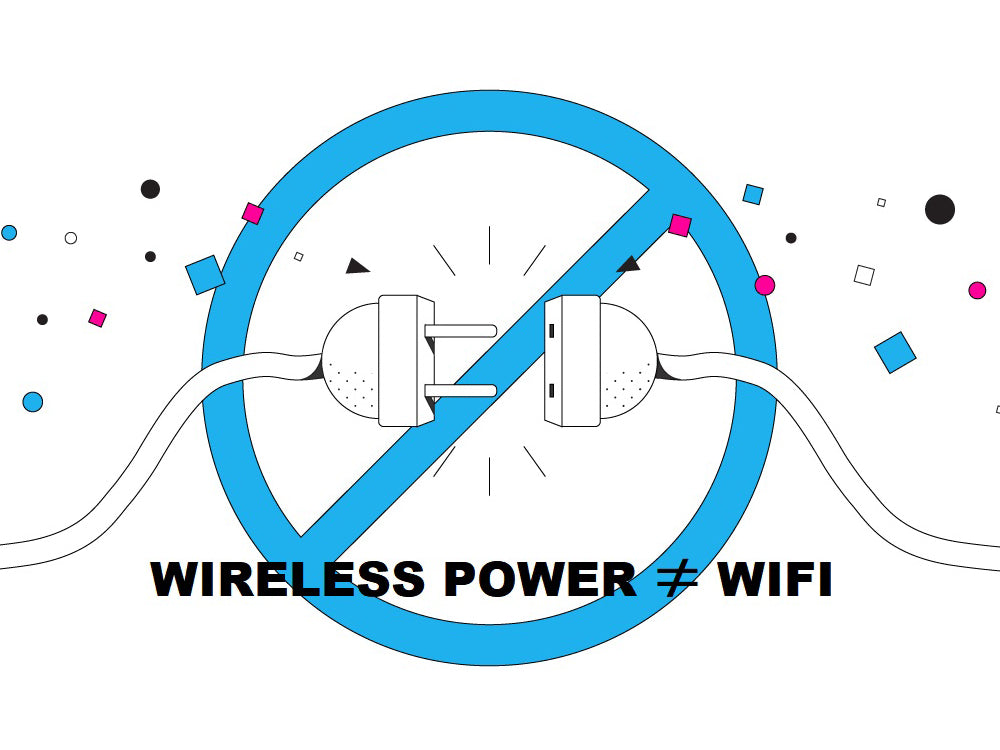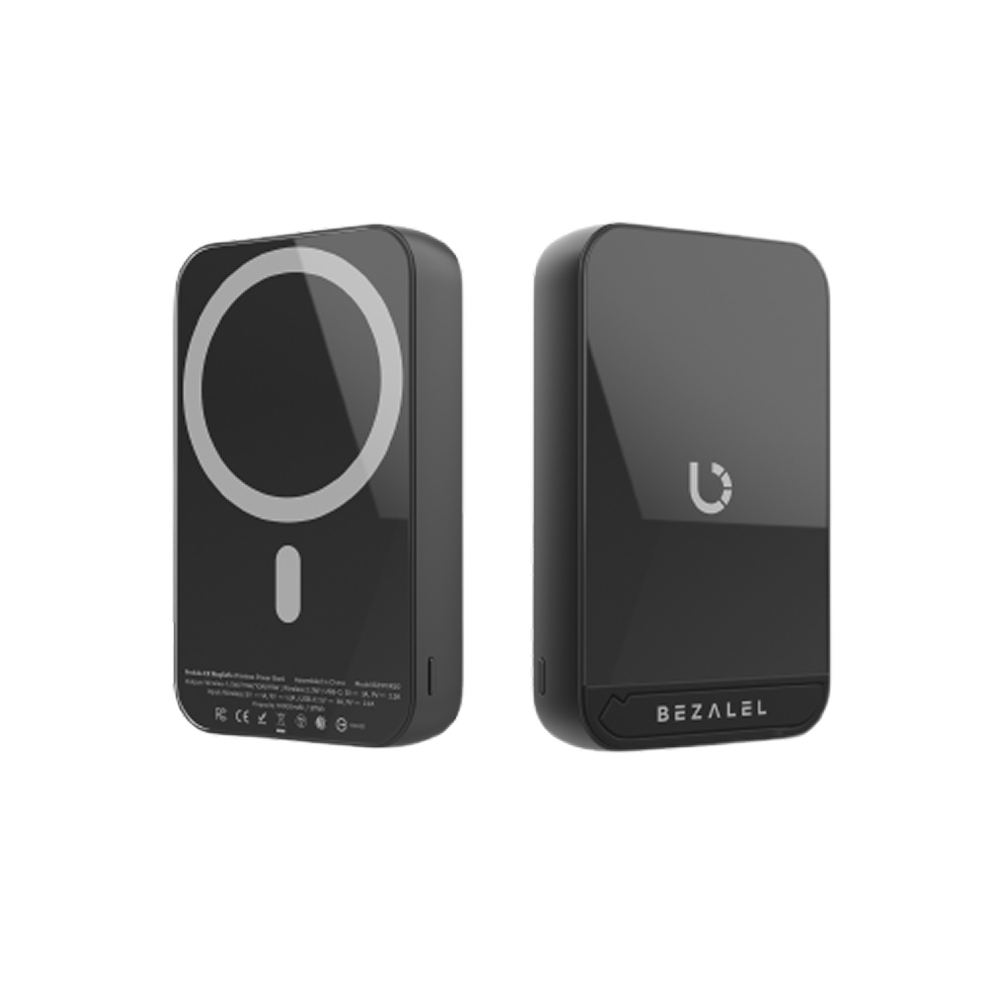
6 Super Simple Answers to Questions about Wireless Charging
Share
Wireless Charging: the Layman's Guide
Ever do a "what is wireless charging" search and get results for an engineer or really smart high school student?
Here's a layman's guide with super simple answers to simple questions about wireless charging.

#1 So what is wireless charging and how does it work?
Wireless charging is the power transfer from one object to another without the means of wires and cords directly going into your device.
You can recharge your smartphone, for instance, or any other electronic device that has the feature of charging wirelessly, usually called "Qi-charging" (pronounced "chee").
A wireless charger is sometimes referred to as a wireless charging base or wireless charging pad. It's hooked up to some power source like the USB port of your computer or wall adapter.

So for your phone, if a fairly recent smartphone model, it should have wireless charging ("Qi-charging") capability built into it. To charge, just place your phone on top of the charger, and voila!
#2 Is it a power bank for your phone?
Yes and no.
A power bank for smartphones is usually a portable battery charger with a cord to plug into your phone. Wireless chargers, however, do not plug into your phone. That's the convenience of it.
The Prelude, by the way, is a wireless charger that does it all.
It functions as power bank, wireless charging pad, and fully mobile portable wireless charger that adheres to the back of your phone so you can use it and charge at the same time.
Prelude can even be recharged by another wireless charging pad.

#3 I still see a wire connected to the wireless charger. What's the point if there's still a cord?
Yes, that's right.
Unless it's like the Prelude the wireless charging pad must be connected to a power source.
It can be the USB port of your computer or power adapter, or car charger adapter, which BEZALEL provides for its own in-car wireless charger Omnia.
The point with the conventional wireless charging pad is that you have a set "home" for your smartphone to charge on top of without the need to constantly plug and unplug.
Hence "wireless".

This is particularly helpful for people with problems using their hands, wrists, or fingers. And it's very useful for people who are constantly on the move or traveling; anyone who finds portability an essential part of their lifestyle.
#4 Is wireless charging related to WiFi?
No.
WiFi has nothing to do with wireless charging in this context.
Wireless charging is a way for your device to get battery power. Wifi is the way your device gets Internet access.

#5 How do wireless chargers compare in speed to conventional wired charging?
Here's a useful chart based on a recent study comparing the charging speed for iPhone X and other recent iPhone models, with different power sources.
5W - Conventional Charging
7.5W - Fast-charging
 michaelkummer.com/tech/apple/iphone-fast-charging
michaelkummer.com/tech/apple/iphone-fast-charging
In the first hour, the iPhone XS w/ conventional wireless charging charged 38%. And it charged 39% w/ conventional wired charging with a 5W power block.
In this case, there is not much difference between wireless charging and wired charging. Thus, many would find the convenience of wireless chargers worth it!
Now with the 18W USB-C power block wired charging, the iPhone XS charged a whopping 79% in the first hour. BEZALEL'S 18W power block would certainly do the job of super speed charging your smartphone device.

#6 Can I use my case with wireless charging?
Yes you can, as long as it doesn't have a metal or magnet embedded in it. And cases more than 5mm thick will obstruct the frequency of power transfer and either slow down the charging process or block it altogether.
So just make sure your case isn't so thick or have the materials that will effect the charging.
BEZALEL's cases are designed with the optimal wireless charging experience in mind, especially for the Prelude and Omnia, which use Nano-suction technology to keep your phone adhered and secured on the sweet charging spot of your Qi-enabled phone.

